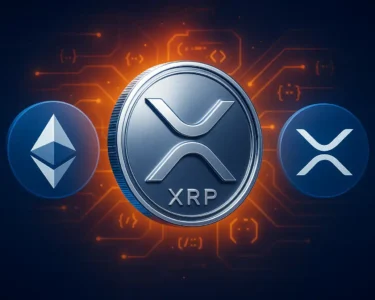The Volvo EX30 stands out as the brand’s most environmentally friendly electric vehicle (EV) to date, boasting the smallest carbon footprint across Volvo’s fully electric lineup. This revelation comes from a comprehensive life cycle assessment (LCA), which highlights the EX30’s total carbon emissions at 23 tonnes over 200,000 km—a figure that’s about 60% lower than its petrol counterpart, the XC40 ICE. The LCA provides a detailed breakdown of the materials and processes contributing to the vehicle’s greenhouse gas (GHG) emissions, from raw material extraction to end-of-life disposal.
Key Highlights:
- Lowest Carbon Footprint: The Volvo EX30 has a carbon footprint of 23 tonnes per 200,000 km, significantly less than traditional petrol vehicles.
- Sustainable Charging: Charging the EX30 with wind-based electricity can reduce its carbon footprint by 42% compared to global electricity mixes.
- Recycled Materials: The EX30 features the highest proportion of recycled materials in a Volvo car, including about 25% of aluminum and nearly 20% of steel.
- Awards: The EX30 has garnered multiple awards, including Carwow Car of the Year 2024 and Eco Warrior of the Year in the TopGear.com Awards 2023.
Jonas Otterheim, head of climate action at Volvo Cars, emphasizes the importance of transitioning to electric vehicles to combat climate change. He also calls for increased transparency in reporting the environmental impact of such vehicles to further reduce emissions. The company’s commitment to sustainability is evident in its goal to become a fully electric car company by 2030 and reach net zero greenhouse gas emissions by 2040.
See also: Volvo EX30: Electric SUV Pricing Revealed
The Volvo EX30’s design incorporates a significant amount of recycled materials, with approximately 17% of all plastics coming from recycled sources. This focus on sustainability extends to the vehicle’s production phase, where efforts are being made to reduce the “cradle-to-gate” impact, accounting for over 60% of the model’s total carbon footprint.
Volvo’s initiative to collaborate with suppliers to reduce the carbon impact of the EX30 is a key part of its strategy. By 2025, the aim is to lower emissions from manufacturing the vehicle’s battery by up to 46%. The introduction of the EX30, which began production in November 2023, marks a significant step towards Volvo’s ambitious sustainability goals.
The vehicle’s acclaim, including several prestigious awards, reflects its appeal not just as a sustainable choice but also as a leader in its category. The Volvo EX30’s combination of low environmental impact, innovative use of recycled materials, and award-winning design sets a new standard in the electric vehicle industry, providing customers with a greener option for their next car purchase.
Sign up for our popular daily email to catch all the latest EV news!




